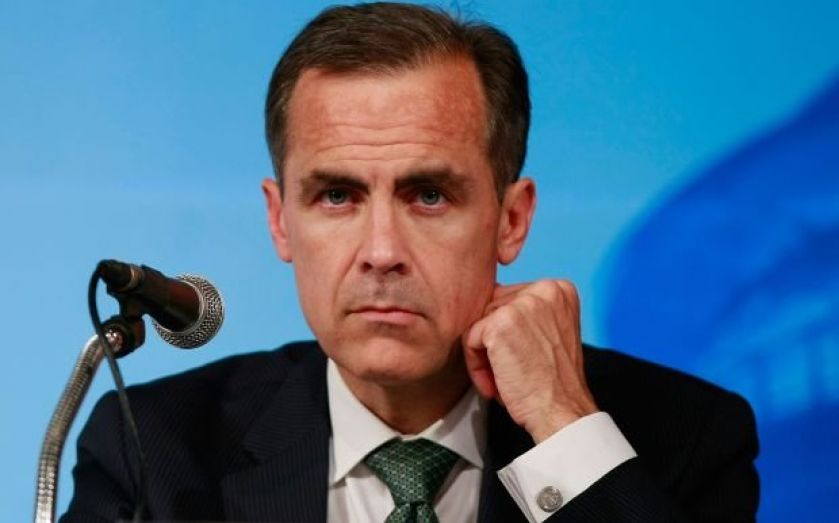Bank of England’s bonus clawback plan could hit misbehaving bankers seven years after payment

Bankers who break the rules may have to hand back their bonuses even seven years after an indiscretion, under new plans revealed by the Bank of England.
Not only could the unruly face having their bonuses re-appropriated, but the prospect of jail lies in wait too and having spent the money will not affect the obligation to repay.
Current rules stipulate that bonuses can be clawed back up to five years after payment, but this is not now considered enough. Certain activities such as rate-rigging or reckless risk taking can take longer to come to light, and seven years is considered a better range.
The new rules come in the wake of several high-profile scandals, including one involving Lloyds Banking Group, which was fined £218m over allegations it fixed Libor rates. Mark Carney labelled the offenders' behaviour "highly reprehensible".
Antony Jenkins, chief executive of Barclays, said that he wasn't against the idea "in principle."
I believe that banks have to regulate themselves and that's why culture is so important, so that banks do the right business in the right way.
I would say that in principle, I support the idea that where there is wrongdoing, there should be appropriate punishment.
If that's criminal wrongdoing, it should be criminal, if it's recklessness, that should be punished also, so I'm not against the concept of clawback.
The Bank of England perhaps does not trust in the idea of self-regulating banks and the bank's deputy governor for prudential regulation, Andrew Bailey, said:
Holding individuals to account is a key component of our job as regulators of banks. The combination of clearer individual responsibilities and enhanced risk management incentives will encourage individuals in banks to take greater responsibility for their actions.